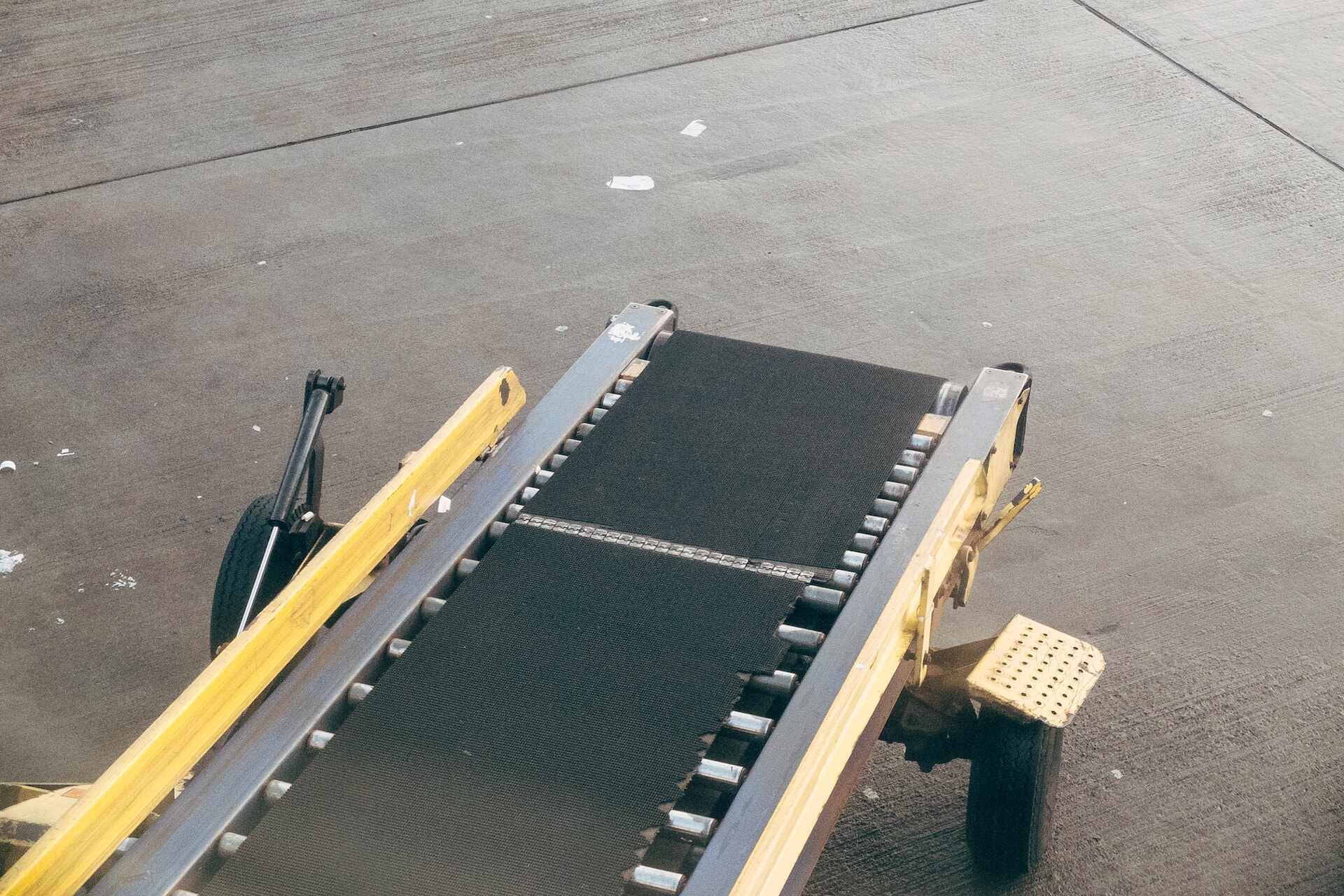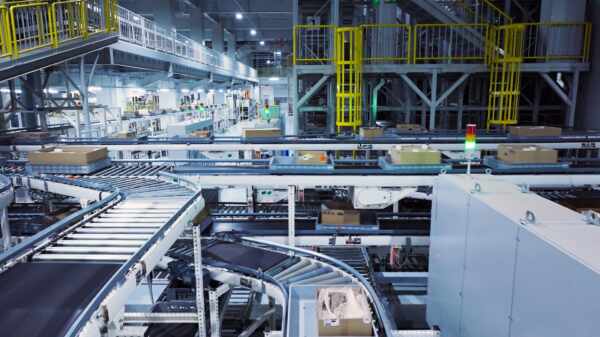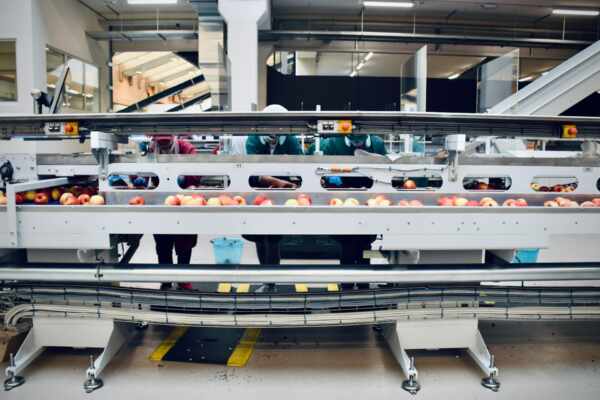When it comes to choosing a conveyor belt system for your facility, one important factor you must consider is the material of the conveyor belt itself. With a wide range of materials available, each suited to specific industries and applications, selecting the ideal belt material is crucial for ensuring optimal performance, longevity, and overall efficiency. From rubber and plastic to fabric and metal, the range of options can make the decision-making process challenging. But fear not – this comprehensive guide is here to help you navigate the world of conveyor belt materials and make the right choice for your specific needs.
In this article, we will delve into the various conveyor belt materials available, discussing their key properties and applications. We will cover the benefits and limitations of each material, providing you with a thorough understanding of which one is best suited for your industry and applications. From the food processing and packaging industries to mining, logistics, and manufacturing, you can expect to gain valuable insights into the ideal conveyor belt material for your needs.
In addition to exploring the diverse range of conveyor belt materials, we will also consider numerous factors that should inform your decision-making process, such as durability, resistance to specific environmental conditions (e.g., temperature or moisture), and ease of maintenance. By taking into account all these aspects, you can ensure that your facility is equipped with the most appropriate conveyor belt material for your specific requirements.
Join us as we embark on this enlightening journey into the world of conveyor belt materials and guide you in selecting the optimal choice for your facility. Discover the perfect conveyor belt material for your industry by tapping into the expertise and experience of Change Parts Pty Ltd.
Conveyor Belt Material Selection: A Comprehensive Guide to the Right Belt for Your Industry
Understanding Conveyor Belt Materials
When selecting the right conveyor belt material, it is important to understand the key properties of each option. These properties can include tensile strength, abrasion resistance, temperature tolerance, and chemical resistance, among others. By identifying the specific needs of your application, such as high-temperature processing or chemical exposure, you can narrow down your options and find the right material for your facility.
Rubber Conveyor Belts
Rubber conveyor belts are a popular choice for many industries, thanks to their high tensile strength, durability, and versatility. These belts are made from different types of rubber, including natural rubber, synthetic rubber, and thermoplastic rubber, offering unique characteristics that cater to various applications. Rubber conveyor belts are commonly used in the mining, heavy-duty logistics, and construction industries due to their extreme durability and resistance to abrasion.
PVC and PU Conveyor Belts
Polyvinyl Chloride (PVC) and Polyurethane (PU) conveyor belts are both popular choices in industries that require belts with excellent resistance to oils, fats, and chemicals. These materials are easily cleaned, making them particularly well-suited for applications in food processing and pharmaceuticals. PU is known for its superior wear resistance and flexibility compared to PVC, making it the preferred choice for applications that require high levels of elasticity or resistance to cuts and gouges.
Fabric Conveyor Belts
Fabric conveyor belts, often composed of multiple layers of polyester, cotton, nylon or glass fibres, offer a lightweight yet strong alternative to traditional rubber or PVC belts. These belts are highly flexible and can be easily tailored to suit specific applications. They are ideal for industries such as packaging, warehousing, paper handling, and even air transportation, thanks to their low noise operation and excellent tracking capabilities.
Metal Conveyor Belts
Metal conveyor belts, usually made from stainless steel, aluminium, or carbon steel, offer unique properties that make them suitable for a variety of industries, including food processing, high-temperature applications, and situations where extreme durability is required. These belts are highly resistant to corrosion, heat, and chemicals, making them an excellent choice for many applications in demanding environments.
Key Factors to Consider When Choosing a Conveyor Belt Material
Durability
The durability of the conveyor belt material is a crucial factor in ensuring long-term, uninterrupted performance. Consider the specific demands of your application and choose a material that can withstand those conditions, such as resistance to abrasion, cuts, or harsh chemicals. It is essential to strike a balance between durability and cost, as more durable materials may come at a higher price.
Environmental Resistance
For facilities that operate in challenging environments, such as extreme temperature fluctuations, moisture, or high humidity, selecting a conveyor belt material that can withstand these conditions is crucial. Rubber and metal belts may be more suitable for high-temperature applications, while PVC and PU belts offer better moisture resistance.
Ease of Maintenance
Regular maintenance is essential in prolonging the lifespan of your conveyor belts and ensuring their ongoing efficiency. Assess the ease of cleaning or repairing the belt material, as certain materials may require specialised tools or techniques that could create additional costs or downtime.
Industry-Specific Requirements
Industry-specific regulations and standards can influence the choice of conveyor belt material. Consider the unique demands of your industry, such as hygiene standards in food processing or pharmaceuticals, fire resistance for aviation conveyor systems, or antistatic properties for the electronics industry.
Making the Right Choice for Your Conveyor Belt Material
Selecting the right conveyor belt material is critical in ensuring the optimal performance and longevity of your conveyor system. By understanding the unique properties of each option and considering the specific needs of your industry and applications, you can make informed decisions that will optimise your facility’s efficiency and success.
Leverage the expertise of Change Parts Pty Ltd to help you navigate the world of conveyor belt materials and make a well-informed decision. Boost your facility’s productivity and safety by partnering with us for all your conveyor belt requirements.




